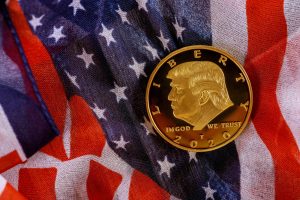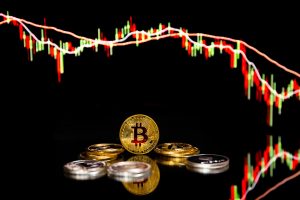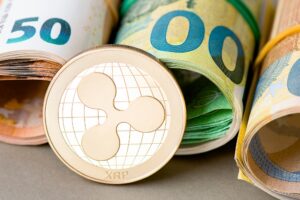In a strategic move aimed at strengthening their presence in the United States, Hyundai Motor Group and Posco Holdings have signed a memorandum of understanding (MoU) to collaborate on a planned U.S. steel plant, the companies confirmed on Monday.
Under the agreement, Posco will make an equity investment in Hyundai’s $5.8 billion steel facility project in Louisiana, set to break ground in the coming years. The facility is expected to begin operations in 2029 with an annual production capacity of 2.7 million tonnes, according to a regulatory filing by Hyundai Steel, a key affiliate within the Hyundai Motor Group.
The deal was disclosed just weeks after Hyundai announced a sweeping $21 billion investment package in the United States, an announcement made jointly with President Donald Trump at the White House in March. The new steel plant represents a significant portion of that commitment and signals both companies’ long-term confidence in the U.S. market.
🏭 Strategic Production — and Strategic Timing
Posco, South Korea’s largest steelmaker, said it is also considering selling steel produced at the plant, positioning the project not just as an internal supply source for Hyundai’s North American operations, but also as a potential regional steel hub.
The move comes at a delicate time for U.S.-South Korea trade relations. Earlier this month, President Trump imposed 25% tariffs on South Korean steel imports, which were temporarily suspended for three months amid ongoing trade talks. It is widely believed that the decision to build and co-invest in a U.S.-based plant may serve as a hedge against future protectionist policies.
⚖️ Navigating Tariffs Through Localization
By manufacturing steel domestically within the United States, Hyundai and Posco may be able to circumvent current and future tariffs, ensuring supply chain stability and cost control—especially as steel remains a critical input in automotive and infrastructure development.
Industry analysts say this partnership could serve as a template for other foreign firms seeking to sidestep U.S. import barriers while maintaining access to the lucrative North American market.
“This is more than just a steel plant—it’s a geopolitical strategy,” said Dr. Yoon Hae-jin, trade economist at Korea Development Institute. “Localization of production gives Hyundai and Posco a seat at the table in U.S. industrial policy.”
🌐 A Broader Pattern of U.S. Investment
The Louisiana steel plant is part of Hyundai’s aggressive U.S. expansion strategy, which includes EV production facilities, R&D centers, and battery manufacturing partnerships. With the Biden-era Inflation Reduction Act and ongoing Trump-era protectionist trends influencing automakers’ decisions, foreign firms are increasingly opting for local production over exports.
By 2029, when the steel plant becomes operational, Hyundai’s North American ecosystem is expected to be largely vertically integrated—from steel and battery production to final vehicle assembly.







